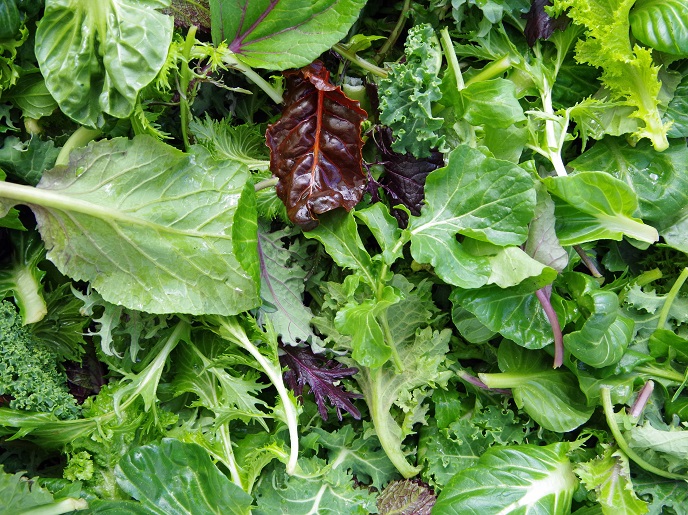Why your ancient ancestor likely took the leafy salad over a juicy mammoth steak
Are the decisions about what we eat being influenced by the dietary choices of our ancient human ancestors? To find out, the EU-funded HARVEST(opens in new window) project dived into the archaeological record. “By studying the diets of the past, we hoped to better understand the context in which our food choices are made today,” says Amanda Henry, a professor at Leiden University(opens in new window) and the project’s principal investigator. Researchers were particularly interested in the role plants played in ancient dietary practices. “Even though plant foods comprise the majority of most human diets, the potential important role these foods played in human evolution has long been overlooked,” adds Henry.
The proof is in the teeth
How do we know hominins may have preferred a leafy salad over say a juicy mammoth steak? “When analysing the dental calculus from ancient hominin remains, we found plant remains and other residues,” notes Henry. Furthermore, while looking at teeth from across the evolutionary record, researchers saw some fluctuation in plant consumption – a fluctuation that could align with the use of fire. “One important discovery is that the use of fire for cooking, which is often associated with cooking meat, was actually a pretty difficult task and could explain why we don’t see evidence of its use until relatively recently,” explains Henry.
Non-dietary benefits too
The project, which received support from the European Research Council(opens in new window), also looked at the what and the why of ancient plant consumption. “Not only do certain plants provide essential nutrients, such as carbohydrates, fibre and vitamins, hominins’ plant-based diet may have also had other, non-dietary benefits,” says Henry. For example, through their work, HARVEST researchers concluded that gathering wild plant foods was no simple task. In fact, it required a significant amount of effort, in some cases even more so than hunting. Perhaps this influenced the formation of social groups and the division of labour?
Pushing boundaries
According to Henry, these findings, along with all the data and tools developed during the course of the project, have pushed the boundaries of what we know about the use of plants across human history. “This project has increased the visibility of diet as a driver of human evolution,” she concludes. “It also put the spotlight on why we need to understand the complete dietary picture – including plants – when making these evolutionary connections.” Henry’s work on the project has also helped her own career evolve. She is now using what she learned leading the HARVEST project in her new role as executive director for research in the Faculty of Archaeology at Leiden University – a role that will likely see her continue her study of dietary changes in human evolution.







